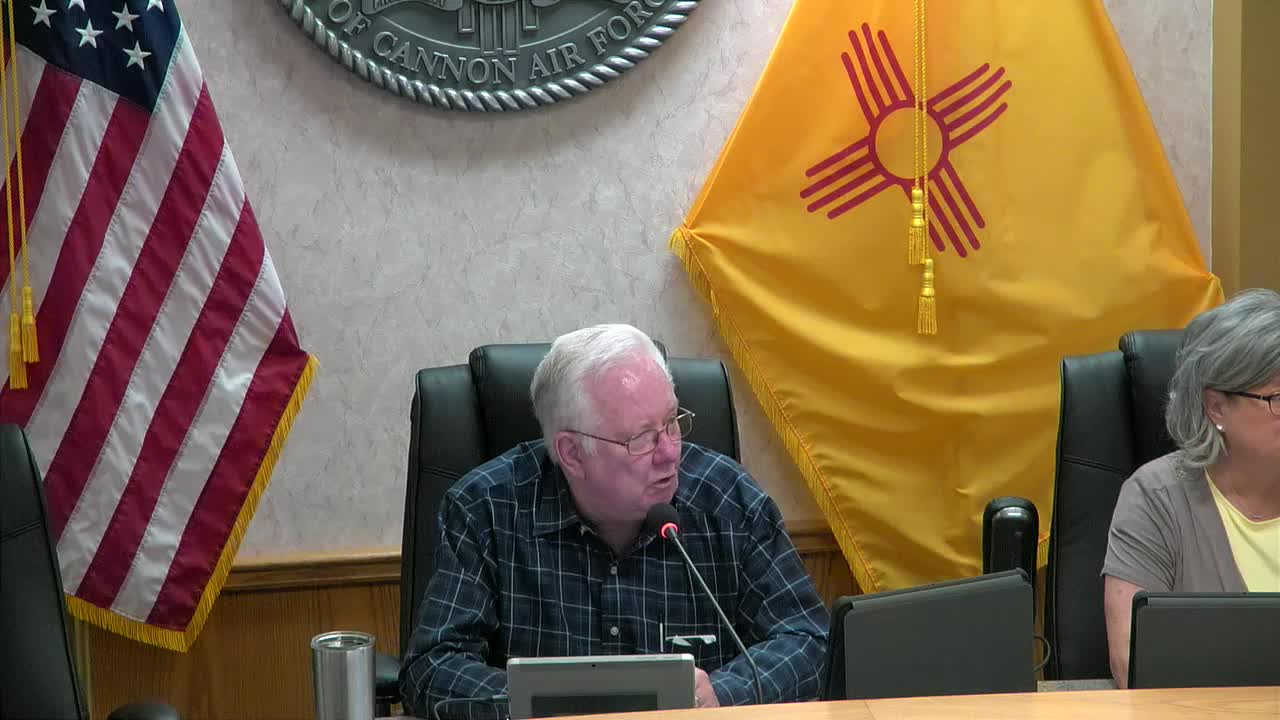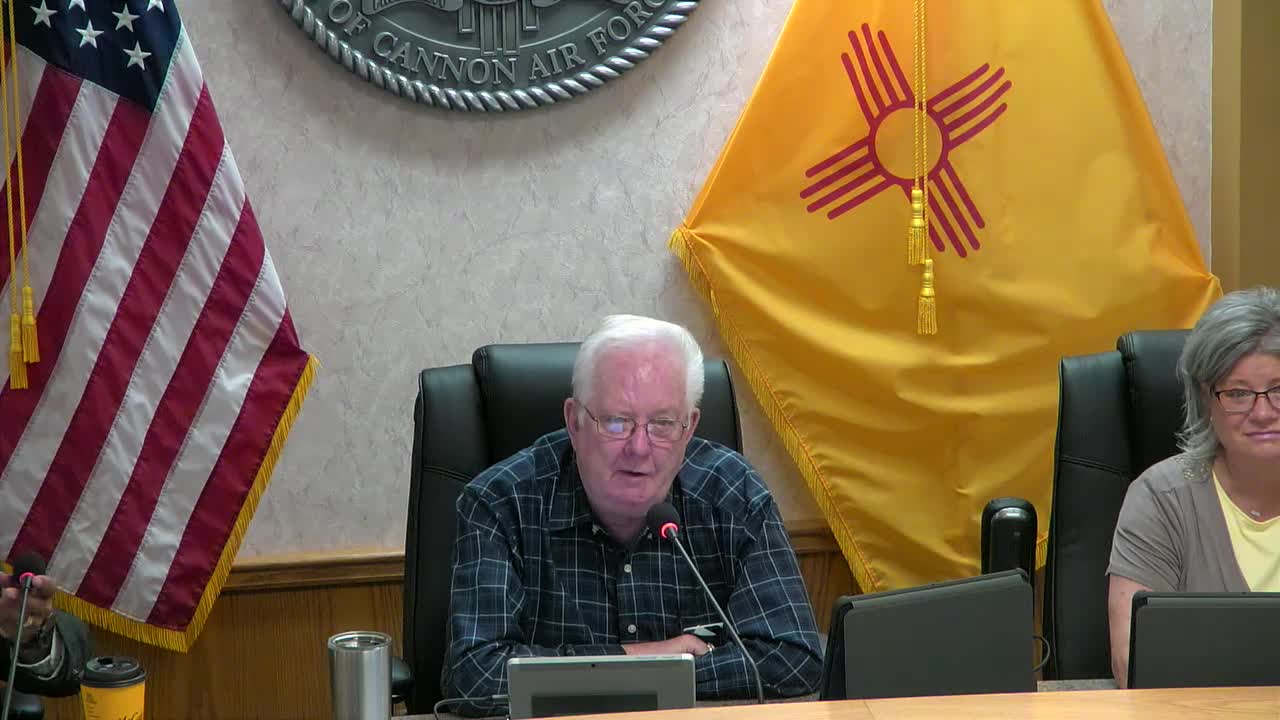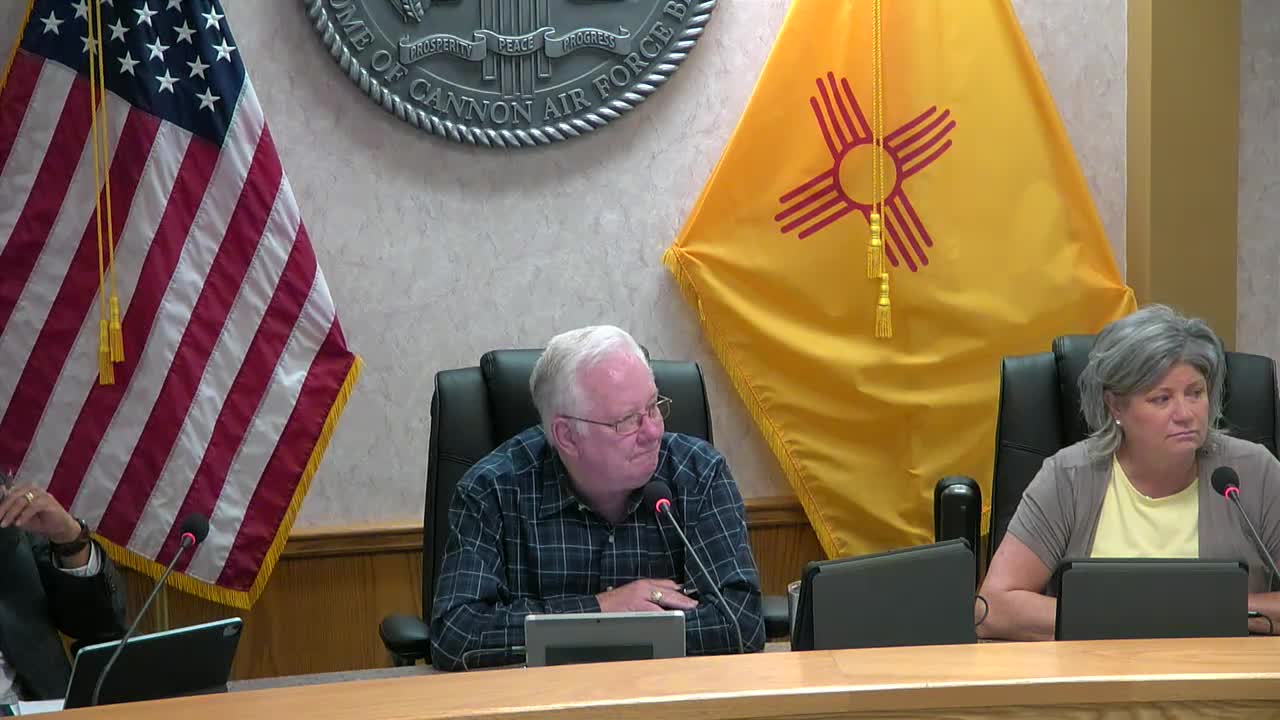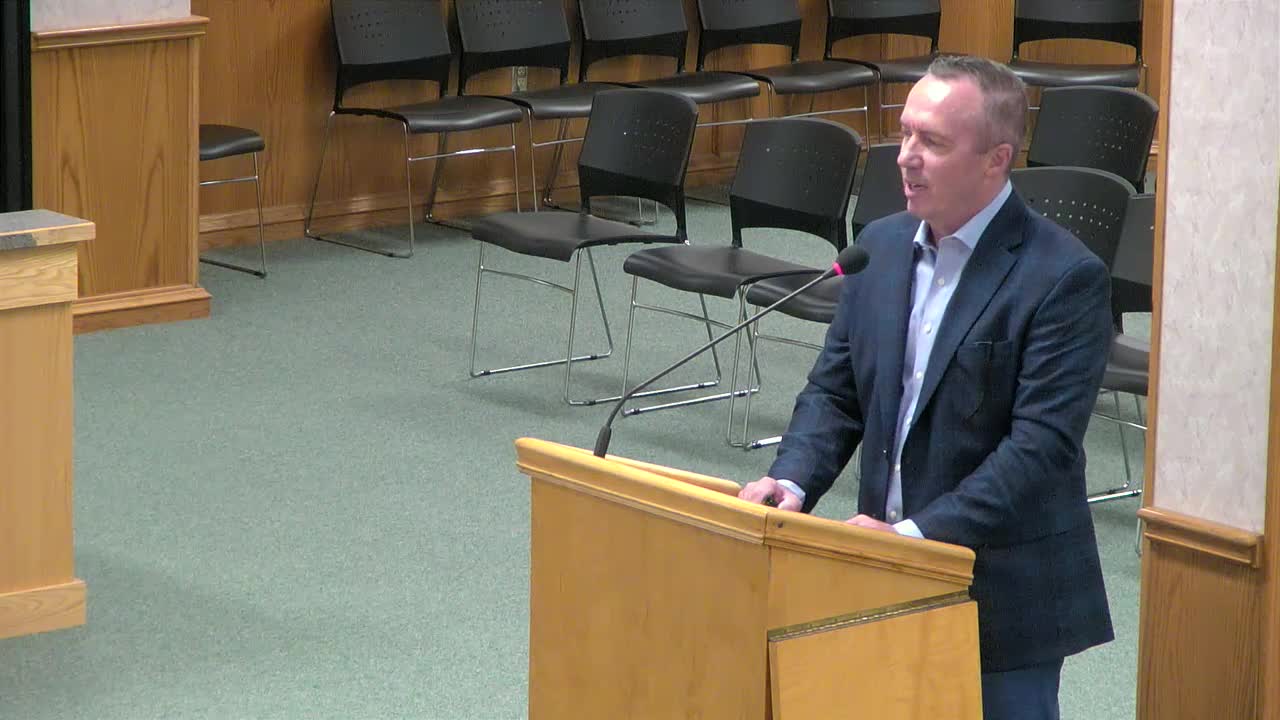Article not found
This article is no longer available. But don't worry—we've gathered other articles that discuss the same topic.

Clovis reuse system delivered nearly 19 million gallons in March; city plans to deepen Hillcrest ponds

EPCOR reports mains upgrades, tank rehab and three new wells planned for Clovis system

Clovis staff review four-stage water-management ordinance, outline voluntary April–October conservation period

